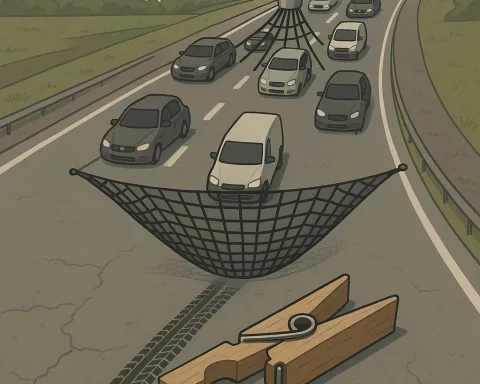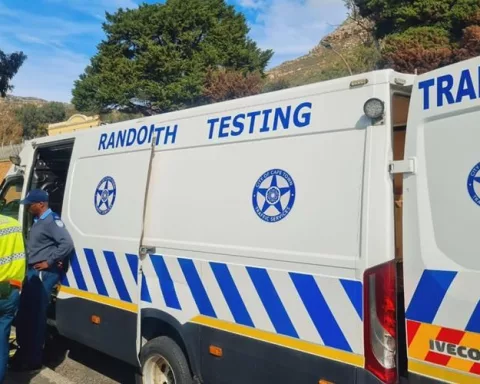Finland has adopted a unique approach to traffic fines, different from most of the world where wealth often confers immunity against the consequences of one’s actions. The progressive system in Finland ensures that fines reflect an offender’s income, so the punishment fits both the crime and the financial status of the offender.
A Case of Severe Fine
Anders Wiklöf, a Finnish business mogul who oversees a $350 million company, has been in the headlines this week as he has been issued a staggering €121,000 (approximately R2.5 million) fine for speeding by a mere 30km/h over the speed limit. This may seem excessive, but this is part of a broader strategy adopted by Finland, Switzerland, and some other countries to ensure road safety and deter repeat traffic offenders.
The incident happened when Wiklöf was caught traveling at 82km/h in a 50km/h zone. According to the Straits Times, the businessman was caught by surprise by the sudden drop in the prescribed speed limit from 70km/h to 50km/h and claims to have been in the process of slowing down. However, Finnish traffic police were not as understanding.
Income-based System
In countries such as Finland and Switzerland, the system of income-based fines relies on a central taxpayer database. The police can quickly verify an offender’s net income and calculate the appropriate fine. The higher the speed of the driver, the more significant the fine. For Wiklöf, the fine represented half of his disposable income over 14 days, accompanied by a ten-day suspension of his driver’s license.
Interestingly, this is not Wiklöf’s first encounter with such hefty fines. He has a history of speeding, having previously received a €95,000 (R1.9 million) fine in 2013 and a €63,680 (R1.35 million) fine in 2018. In response to his most recent fine, Wiklöf expressed regret and hoped that the money would be used for healthcare through the treasury.
An Effective System
The Finnish system appears to be effective, as Wiklöf’s case is not an isolated one. In 2002, Anssi Vanjoki, a top Nokia executive, was fined €116,000 (R2.3 million) for driving 75km/h in a 50km/h zone on a Harley-Davidson. Meanwhile, Switzerland holds the record for the highest traffic fine, where a Swedish motorist was fined an astronomical €1.1 million (R22 million) for driving 290km/h between Berne and Lausanne.
The Question of Implementation
The Finnish system raises an important question: should other countries, such as South Africa, adopt a similar income-based system? The potential revenue generation is undoubtedly attractive, and the impact on road safety could be significant. One thing is certain – a system that considers personal wealth when issuing fines would ensure that justice is served more fairly, regardless of an individual’s financial status.












